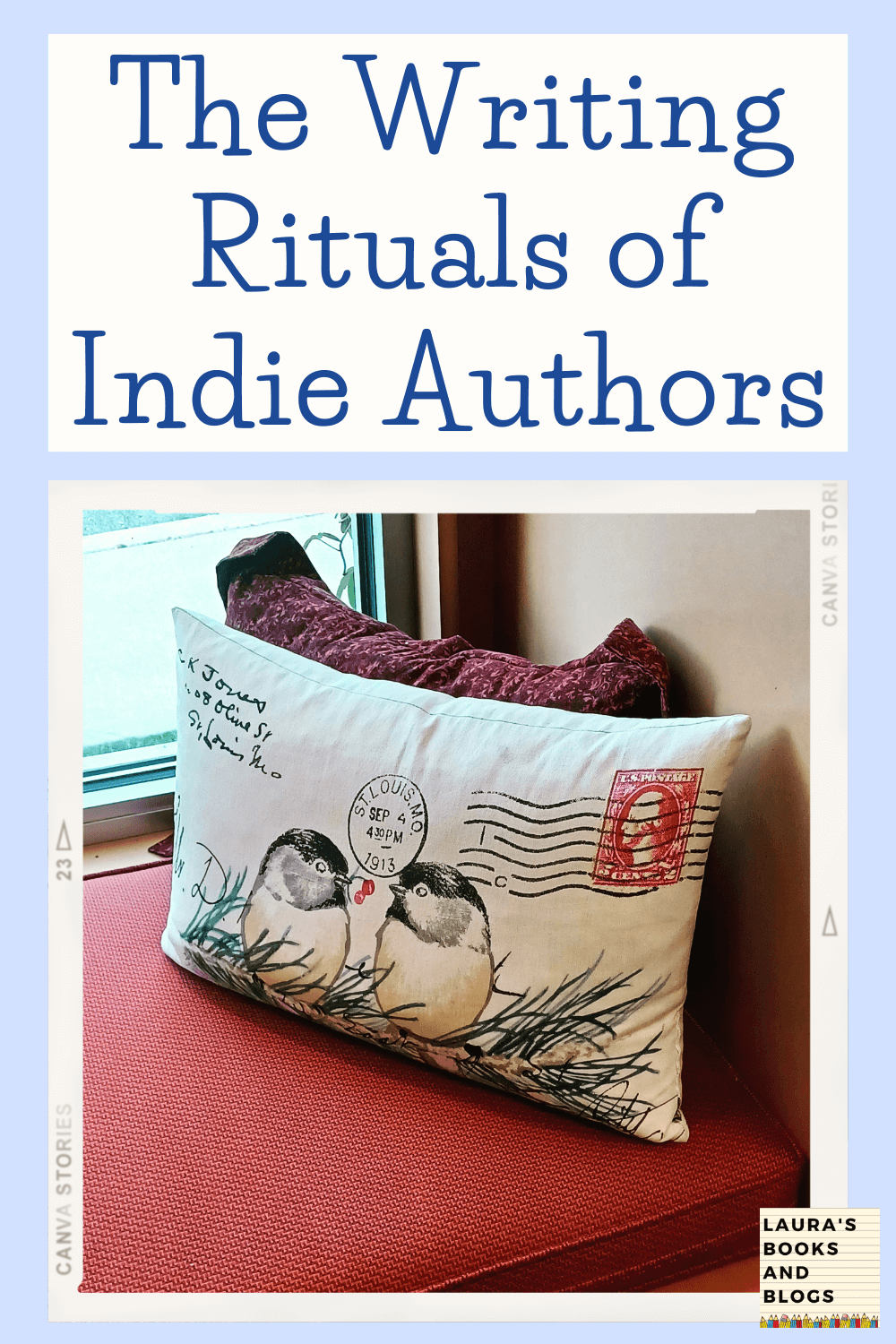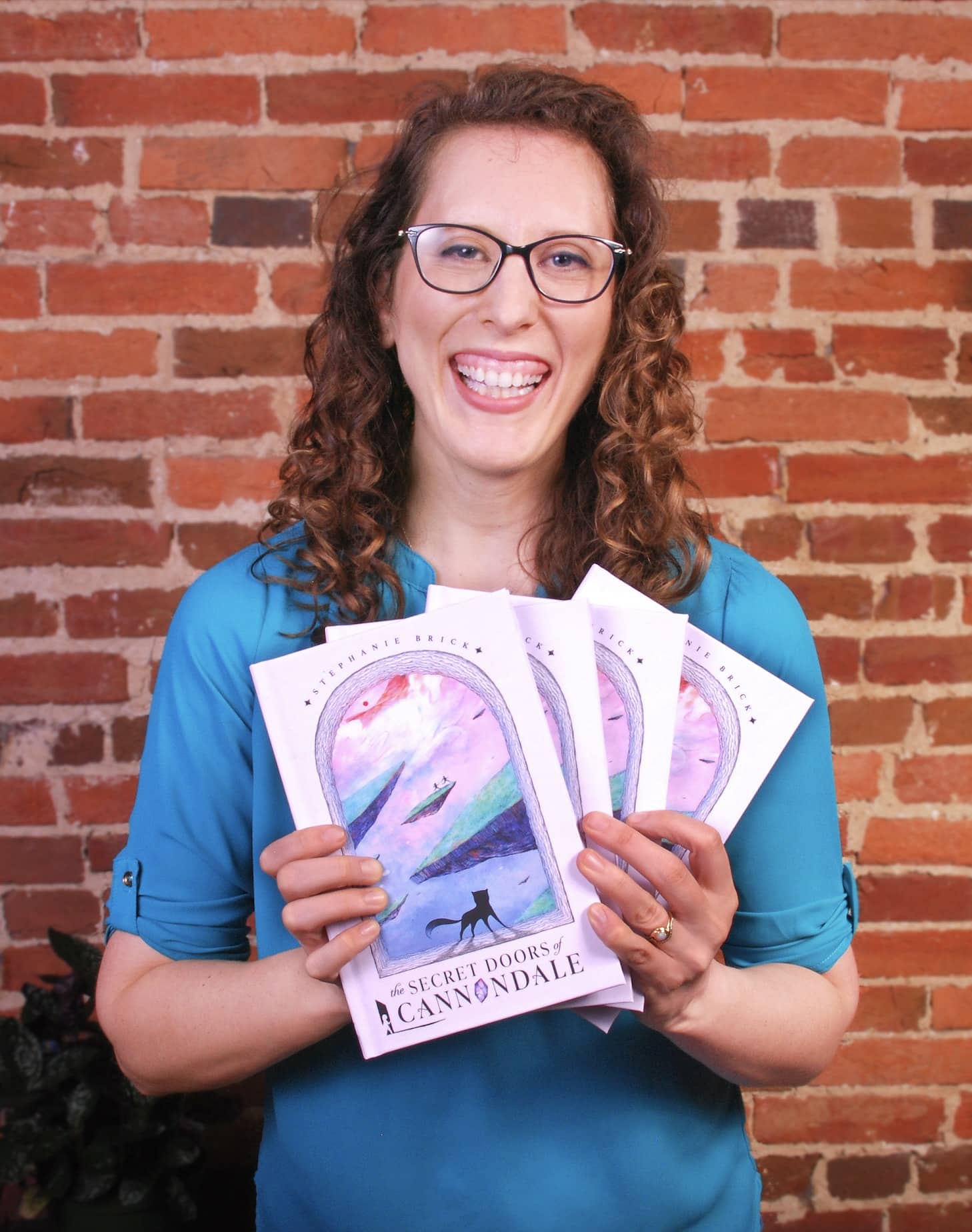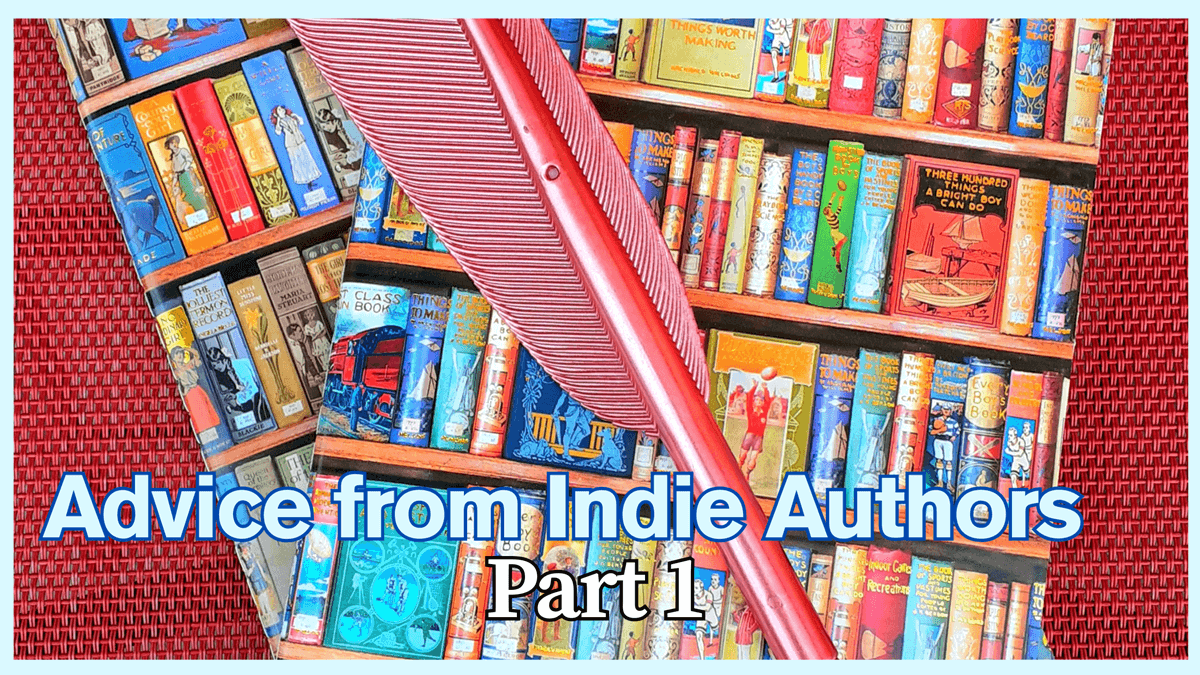
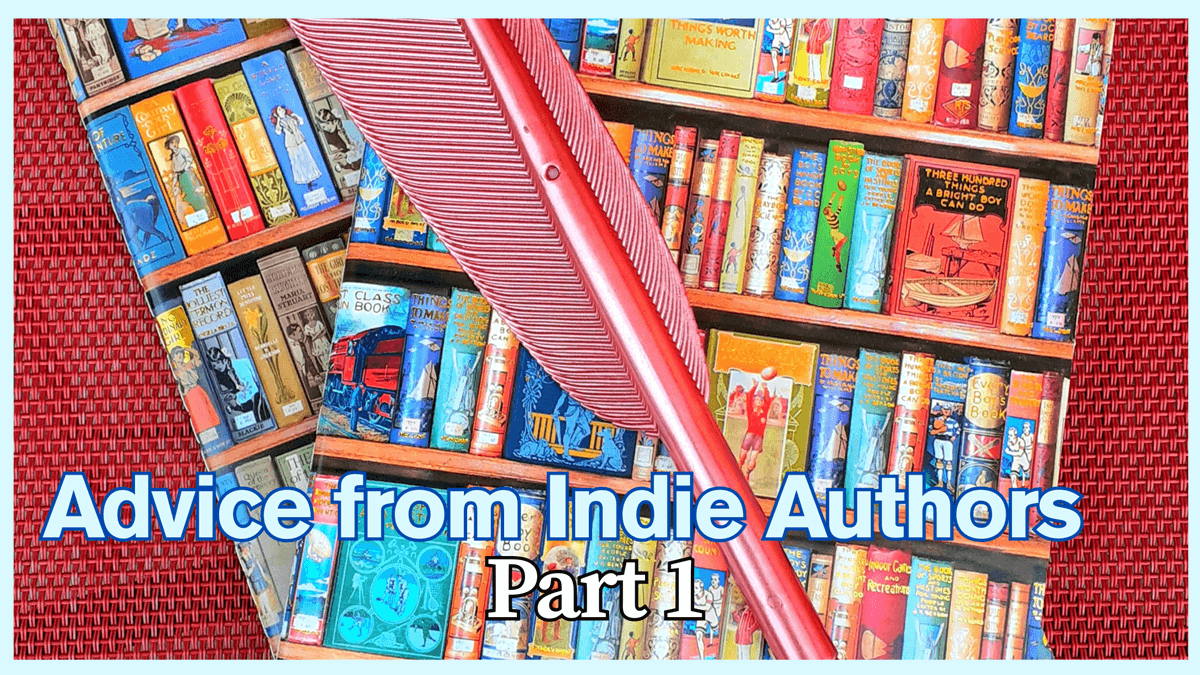
Over the years, I’ve interviewed hundreds of indie authors on Laura’s Books and Blogs. The interview questions have evolved, but a lot of great writing advice has come out of their answers. In my first part of this four-part series, I’ve pulled some quotes from these interviews centering on writing habits and rituals.
Check them out below, and leave your habits and rituals in the comments! Also, click on the author’s name to read their full interview and learn more about their books and writing process. Links will open in a new tab.
Writing session goals
A big question that comes up when it comes to writing sessions are word count or page count goals. Is it important to hit a certain number to be considered a successful session, or does just sitting down and staring at a blank page count? Here are some answers to that question below.
“I never follow a word count and I don’t document or dedicate time to writing, if I’m feeling creative, I write, if I force it, my brain melts. I measure my progress with how many WIPs I have and how many projects I complete, it’s not a race.” – Beffy Parkin
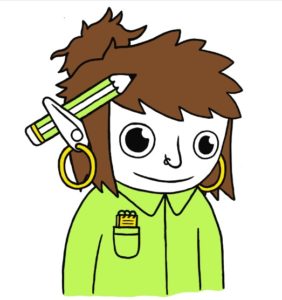
“I write in short spurts. I’ll sit and write for 30 minutes to an hour at a time. I have to daydream a scene (or partial scene) and then type it, then go for a walk, or stare into space, until the next portion is ready. In the summer, when I have more free time, I’ll do 2-4 sessions a day.”- Jenna Greene
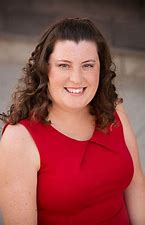
“If I’m writing a novel, I try between 750-1,000 words a day. If I’m writing non-fiction, 500 is enough because you do so much research as you write.
With picture books I just a sit down and write, and often I can get it done in a day. Although, I’ve thought about the book for weeks and months. The story structure has been circling over and over in my mind while I walk my dog. But the editing is extensive, and I change words all the time, trying to find that perfect one. So, I go over and over a picture book before it gets sent to my agent.” – Lorna Schultz Nicholson
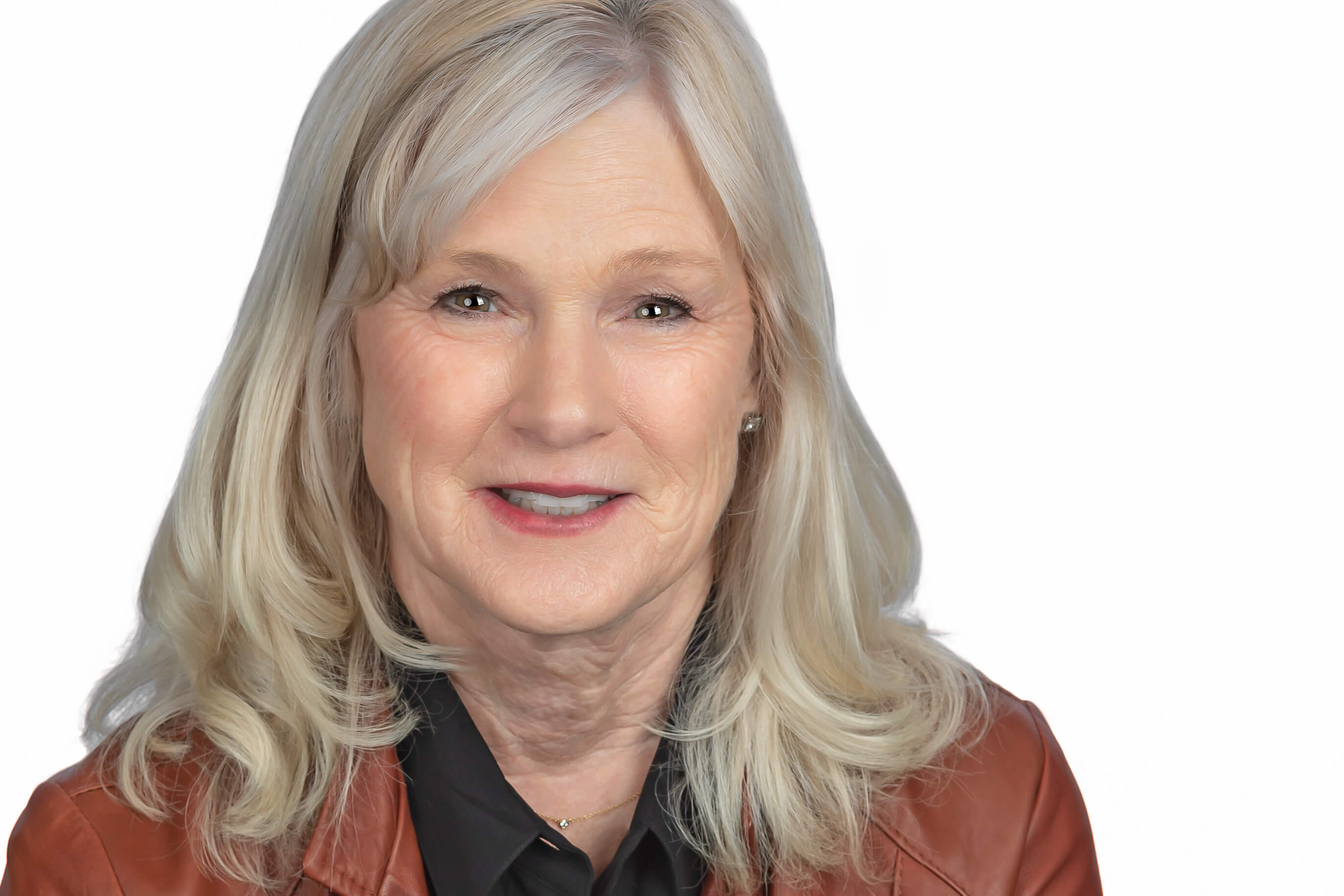
“I do not sit down and say, “I’m going to write X number of words daily.” I am not a planner. I write when the inspiration comes, and I won’t stop till the words stop flowing.” – Diann Floyd Boehm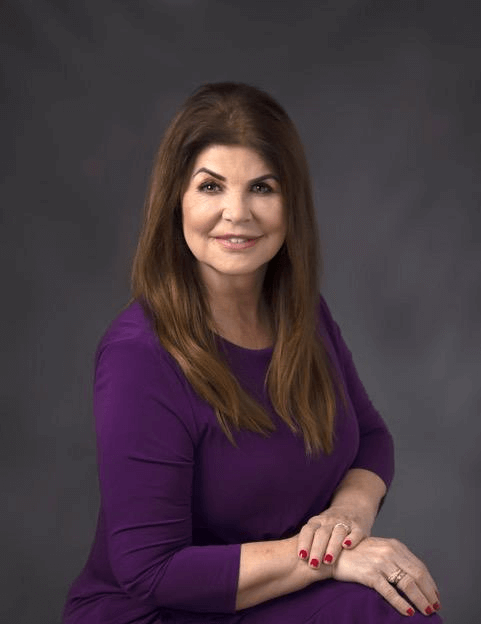
Plotter vs. pantser
When writing a novel, I’ve both outlined my story ahead of time and let the story develop as I went along. Both methods have their pros and cons, but what do other authors think? Here are some answers below.
“I am a true panster. I know the main plot and how it will end when I start to write. But the middle part kind of fills itself in as I go along. I never quite know where the characters will take the story, and that is part of the fun. I love surprises.” – Hayley Walsh
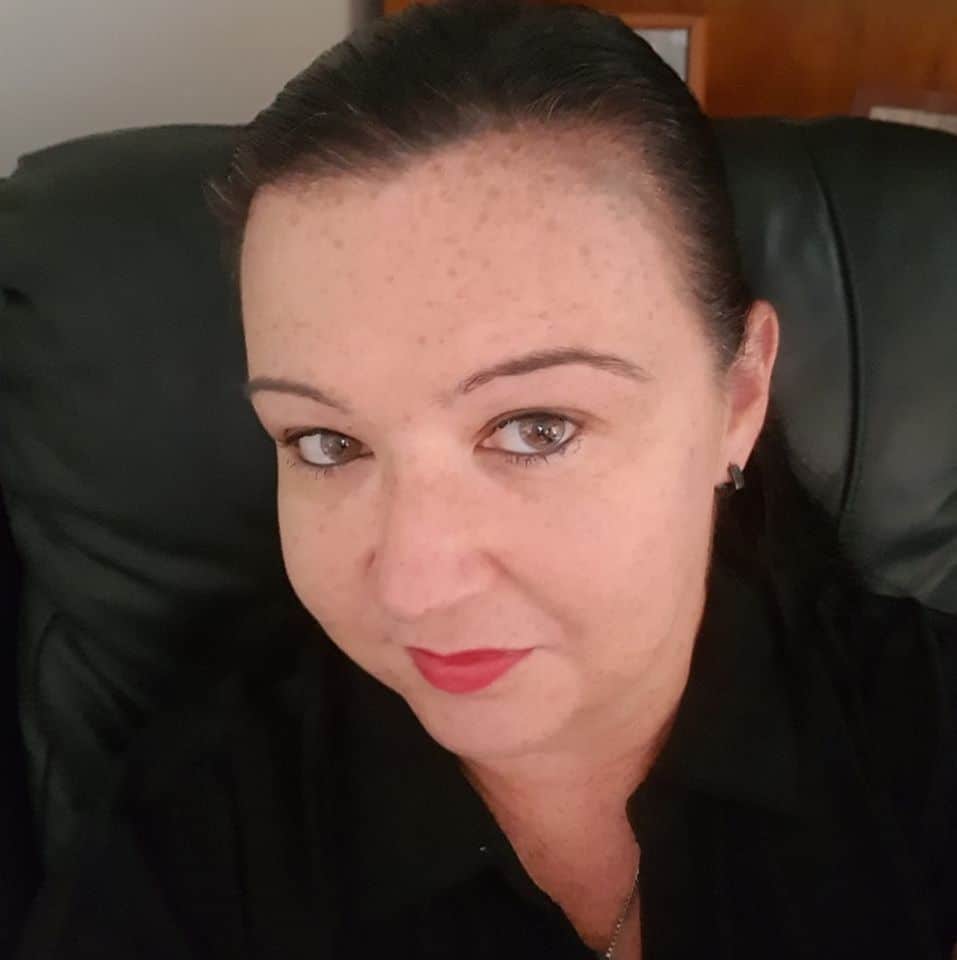
“I’ve always been a dialogue-strong writer, so one of my favorite parts is just letting my characters play off of one another and seeing where the dialogue goes. I’m entirely a pantser/discover writer/gardners/whatever you’d like to call the version of writing where you jump in and start writing without an outline or sometimes even much more than a vague idea of where things are going, so that allows for a lot of freedom and character growth when you let things just happen as they well.” – Jessica Dall

“Before I even start on a first draft, I put together an outline with a concept for each chapter. This makes the chapter writing go faster.
It also cuts down on editing time. Since you already know what the major pieces of the story are, something likely isn’t going to come up toward the end that forces you to go back and rewrite 50% of the beginning.” – Ted Galdi
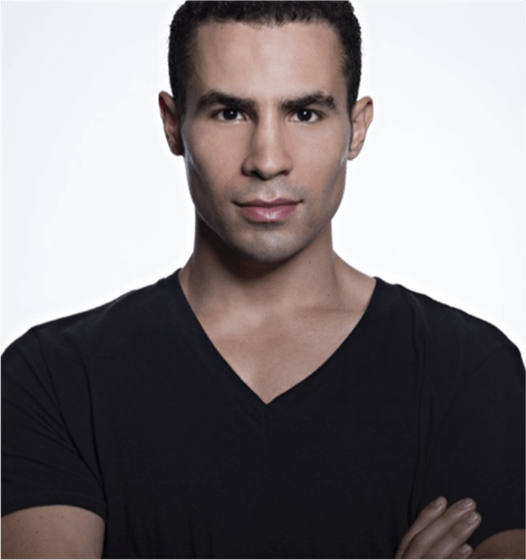
“I write from scratch. The stories are done in my head, somewhat fully, before the first word hits the paper. That’s not to say I am opposed to notebooks for ideas. I’m just far too lazy to use them. Why write something twice? I’d rather have it in my head and throw it on the page.
I do, however, have a notebook (computer file) called “cuts” where I’ll put the lines I that I edit out in a story if I really liked the line. The idea is to use some of those lines later in another story, but the reality of it is I couldn’t find that file if my life depended on it. I think it’s more of an exercise to allow the words to exist. In a sense, that file is a way to quiet the voice in my head.” –
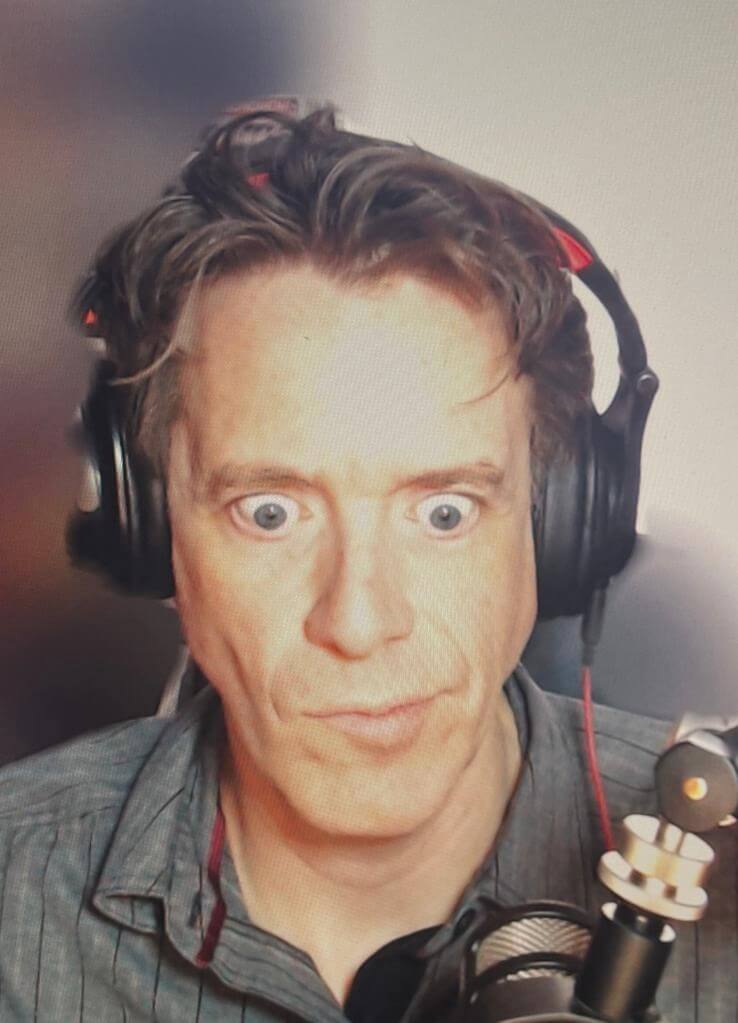
“I’m a pantser. I work two jobs, really three if you count my writing, so I only have very limited time, and I never know when that is going to be. Sometimes it’s in my car, or couch, very early or very late in the day.
Friends keep telling me to use voice recording on my phone when I’m driving, but I just can’t get into it. Having time to write, as in this is my only job, would be a dream, but I can also see that as being a nightmare. Wait, I must write every day. I hope to do that in retirement..” – Matt Overs
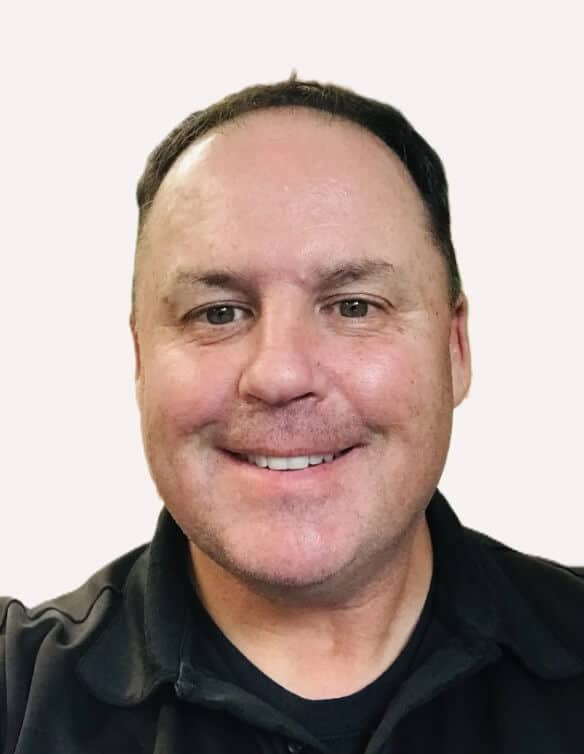
“I’m pretty relentless once I decide to write a book. I guess it depends on what scene I’ve worked out in my head.
Once I’ve a sense of what needs to be next to move the narrative along and have worked out the scene in my head, then I go to the computer and type it up – just to get it on paper. Then, I watch the scene play over in my head and see if it makes sense.
Even when I’m not actually sitting at the computer typing, I’m still working on the book. It may take me 500 or a thousand words to put a scene on paper.” – Carolyn Jean Nicholson
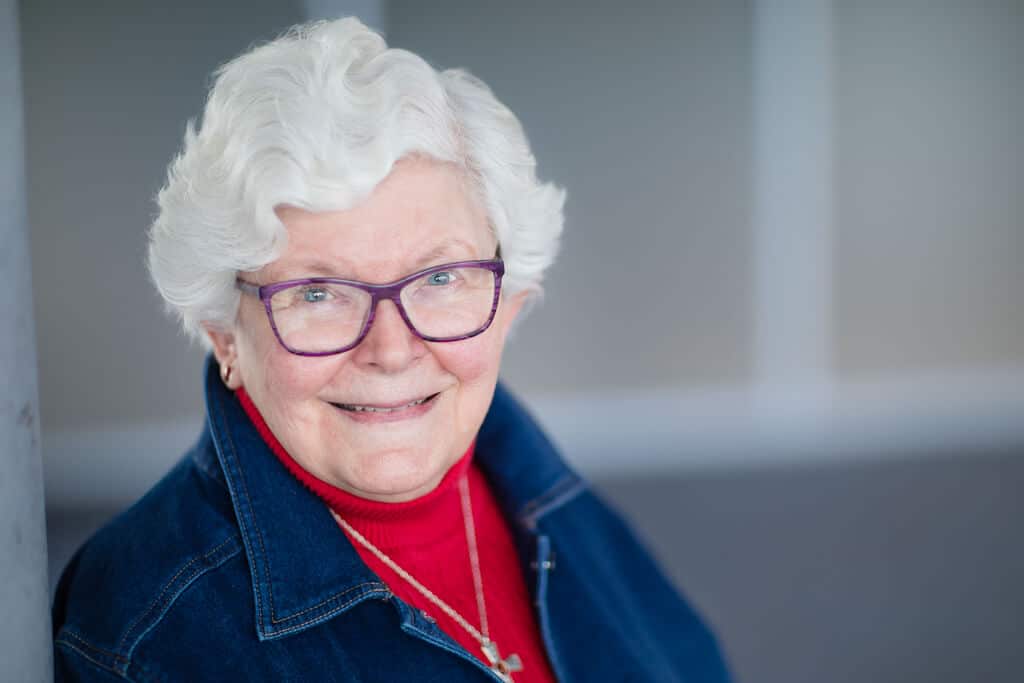
“Every book I’ve worked on begins with a compelling image in my head. An image that I can’t get rid of, no matter what I do.
I sit with this image before going to bed or while walking in nature. The image speaks to me, and the plot gets revealed. I visualize the finer details of the plot for a few days. When I’m satisfied with the outcome, I begin to write, visualizing a few chapters at a time in this manner.” – Karen Menezes
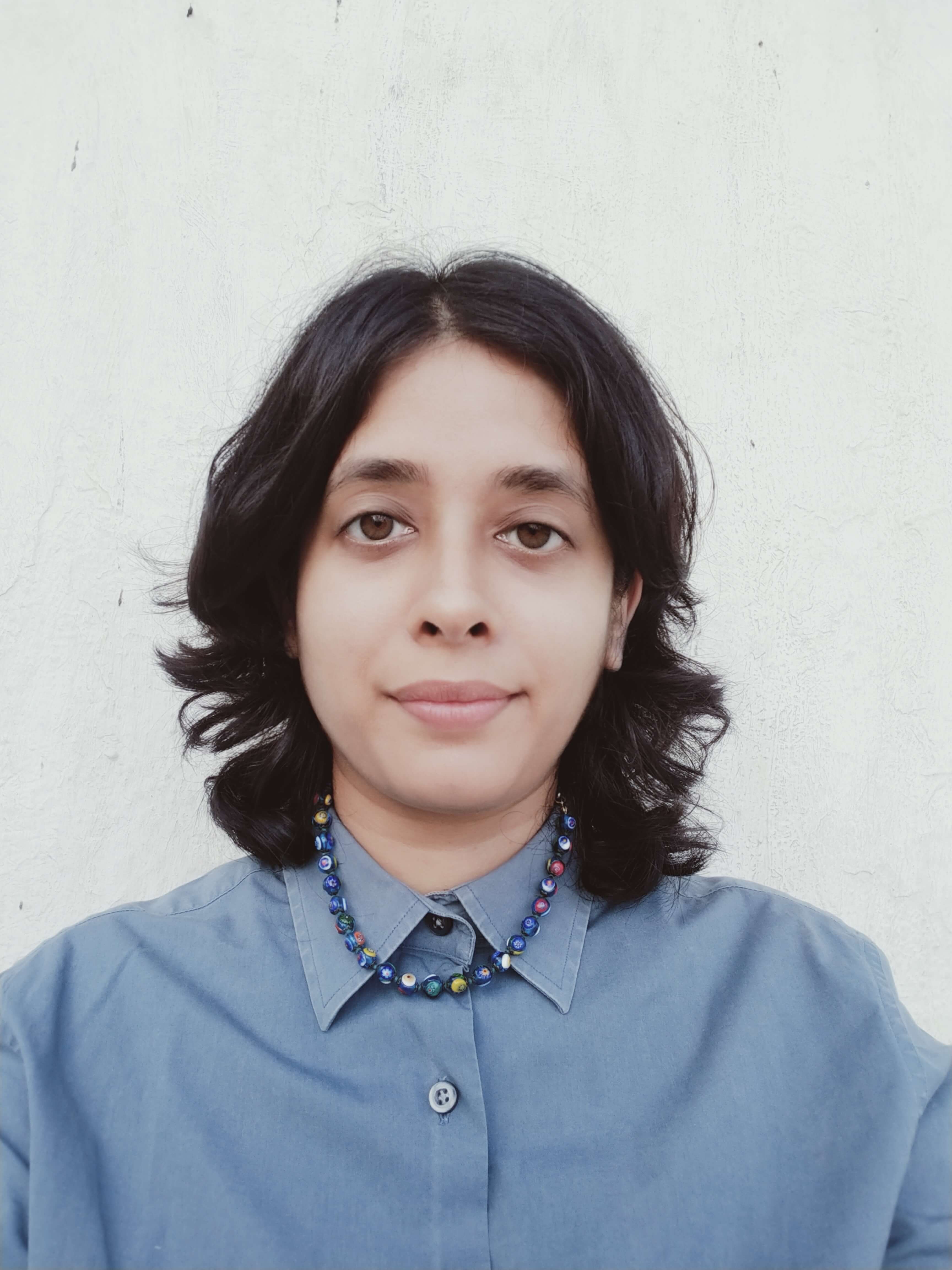
Writing strengths
The different elements of writing can serve as strengths and weaknesses for writers. We all have our favorite things to write, whether it’s dialogue, narration, or even plot vs. character development. See what these authors had to say about their writing preferences and strengths.
“I want my readers to experience an emotional roller coaster when they read my book. I know I sure have. When I write, I become the character. I feel their pain, their love, their laughter, and their fears.” – Scott Kimak

“I do use dreams as inspiration for my stories. Elizabeth’s Mountain came to me in a dream that followed a phone conversation I had with my ninety-two-year-old aunt. She was living alone in Florida during the pandemic, and I could feel her loneliness.
I thought about what it must be like to have lived ninety-some years, all that she had seen and lived through, and now going through an isolating time. After waking from a dream, I went right to my laptop and started writing Elizabeth’s Mountain, and didn’t stop until it was finished. Two years later, it went from concept to publication.
Dreams are very powerful. They capture the imagination in very insightful and creative ways. Some of my best ideas came from dreams.” – Lucille Guarino
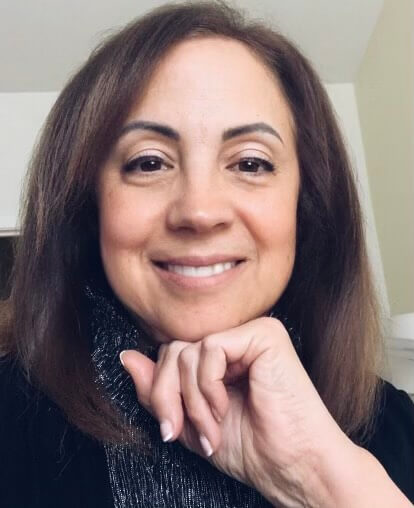
“I have discovered that putting pencil to paper releases all the magic and creativity for me, and I feel more in control of my writing. I believe a life force flows from me down through my arm through the writing instrument and flows out at the end. It is very physically connected to my spirit/soul, and I then transpose all my developing ideas into a word processor, where the final manuscript takes place before it is moved to editing.” – Grinnell Desjarlais
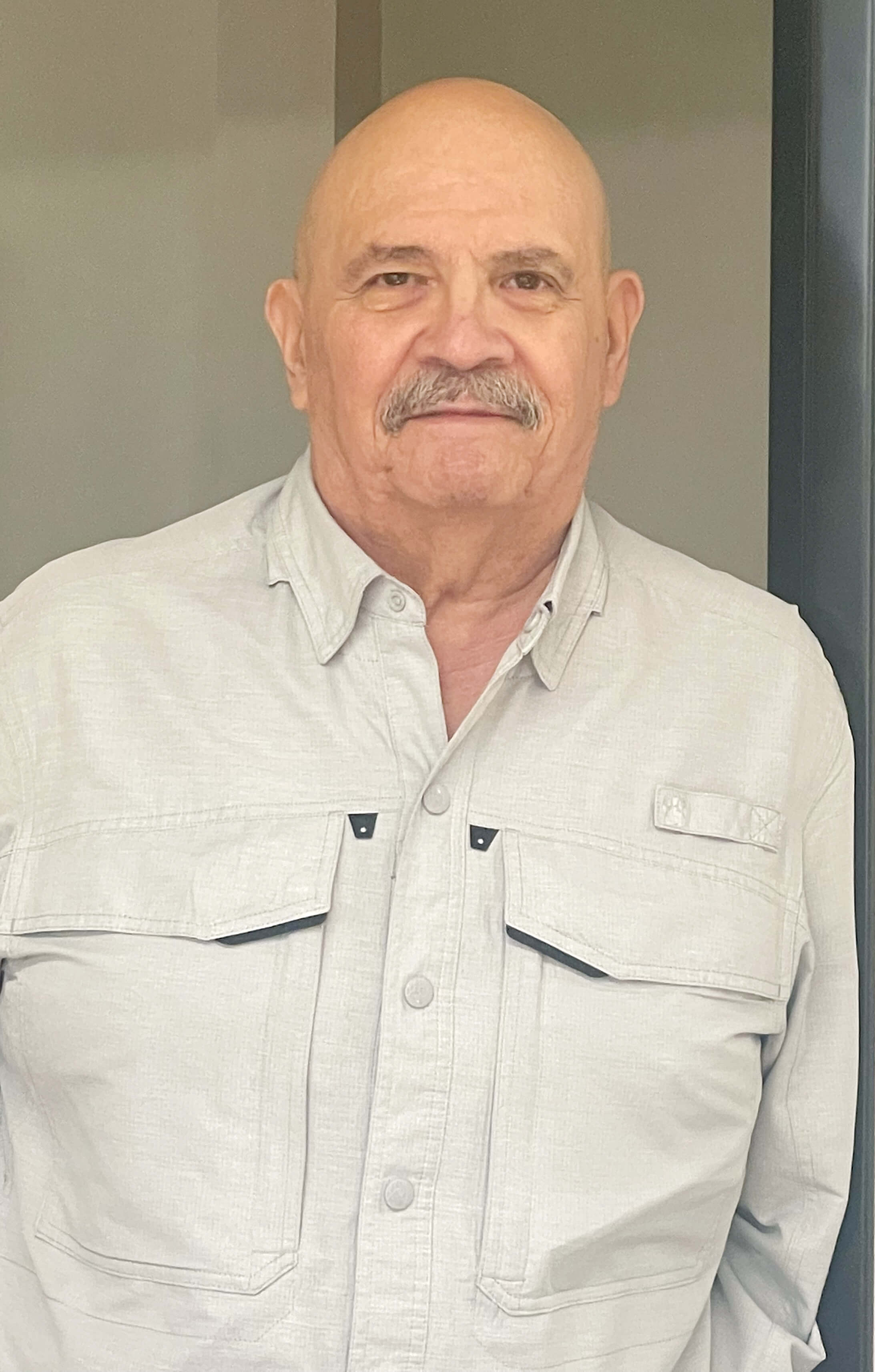
Writing rituals
Because writing is a muscle you have to stretch, writers learn to develop warm ups to help get them into writing mode. It’s so easy to get distracted that anything you can do to program that motivation is helpful. Here are some rituals that indie authors have shared over the years.
“I am a walking writer. So much comes to me as I move my body outdoors, in natural settings mostly. I am odd, and I have habits, and sometimes they cross. I am not superstitious, but I like certain numbers. Like 13.” – Heidi Patullo
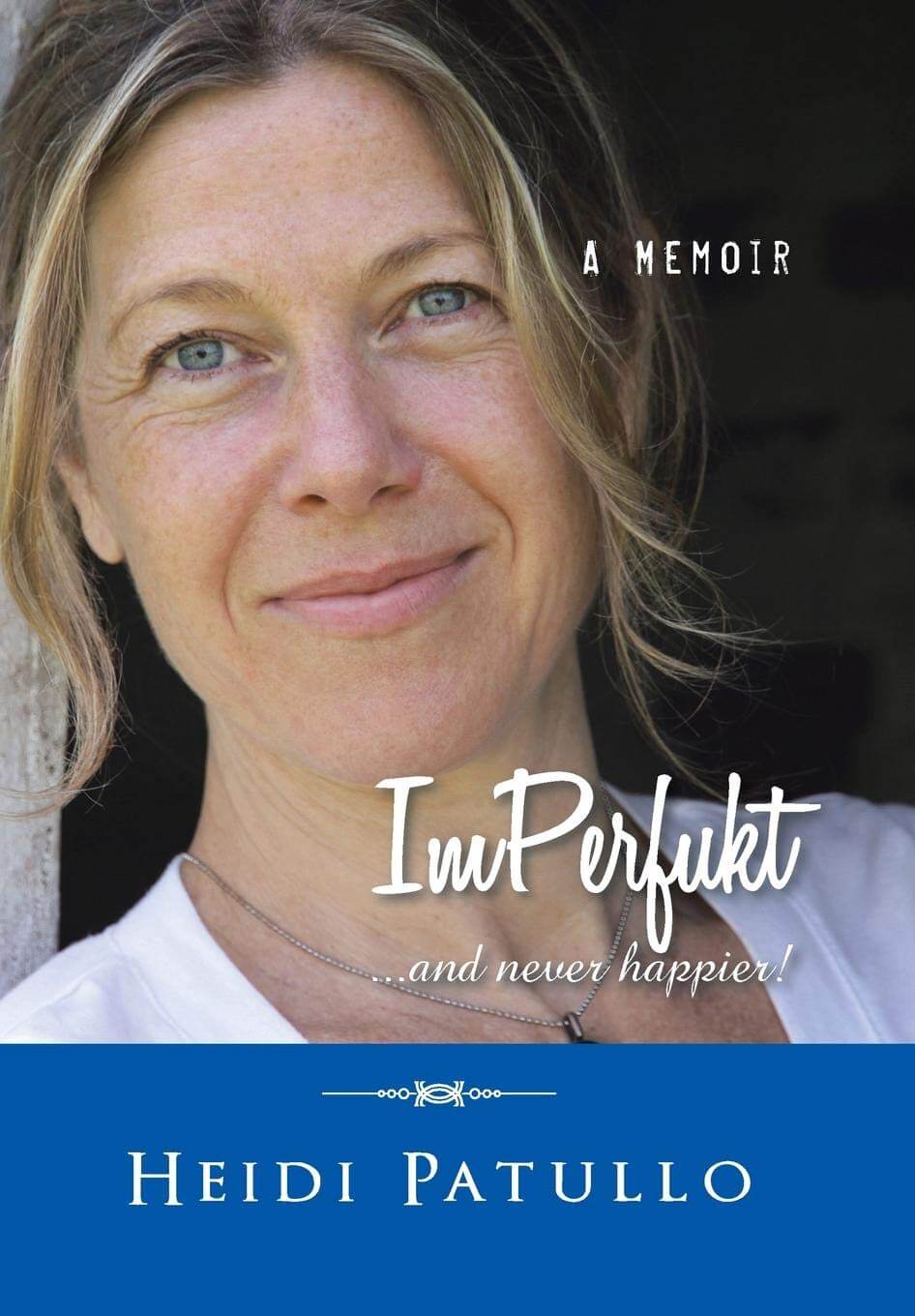
“I honestly got most of my inspiration through songs. Especially rock/punk songs from the early 90’s. These songs has just made such a deep impression on me, and bands like Nirvana has really had a major influence on me.” – Mathias M. Lindgaard

When to write
I love the idea of waking up and getting some writing done before I start anything else that day and still have the energy to do so. However, the pull to get my to-do list done first usually puts writing at the end of that list. I love to hear when other writers make time to write. Here are a few below.
“Some of my best inspiration comes late at night. It’s not unusual to find me at my desk at 2:00AM.” – Thomas A. Brigger
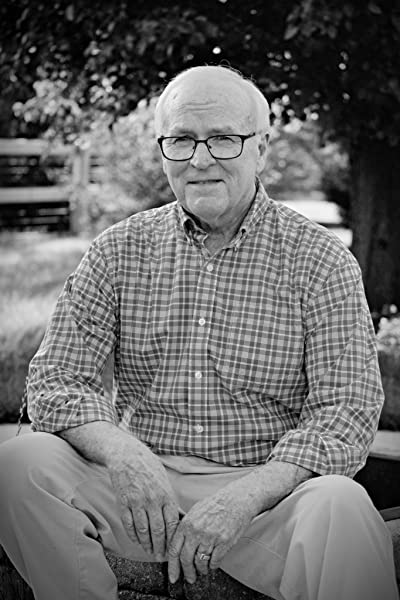
“I write on Monday mornings. In a coffee shop, if possible. Read it aloud to someone on Tuesday. Rewrite it on Wednesday. Then let it gestate for a while.” – Mark Binder
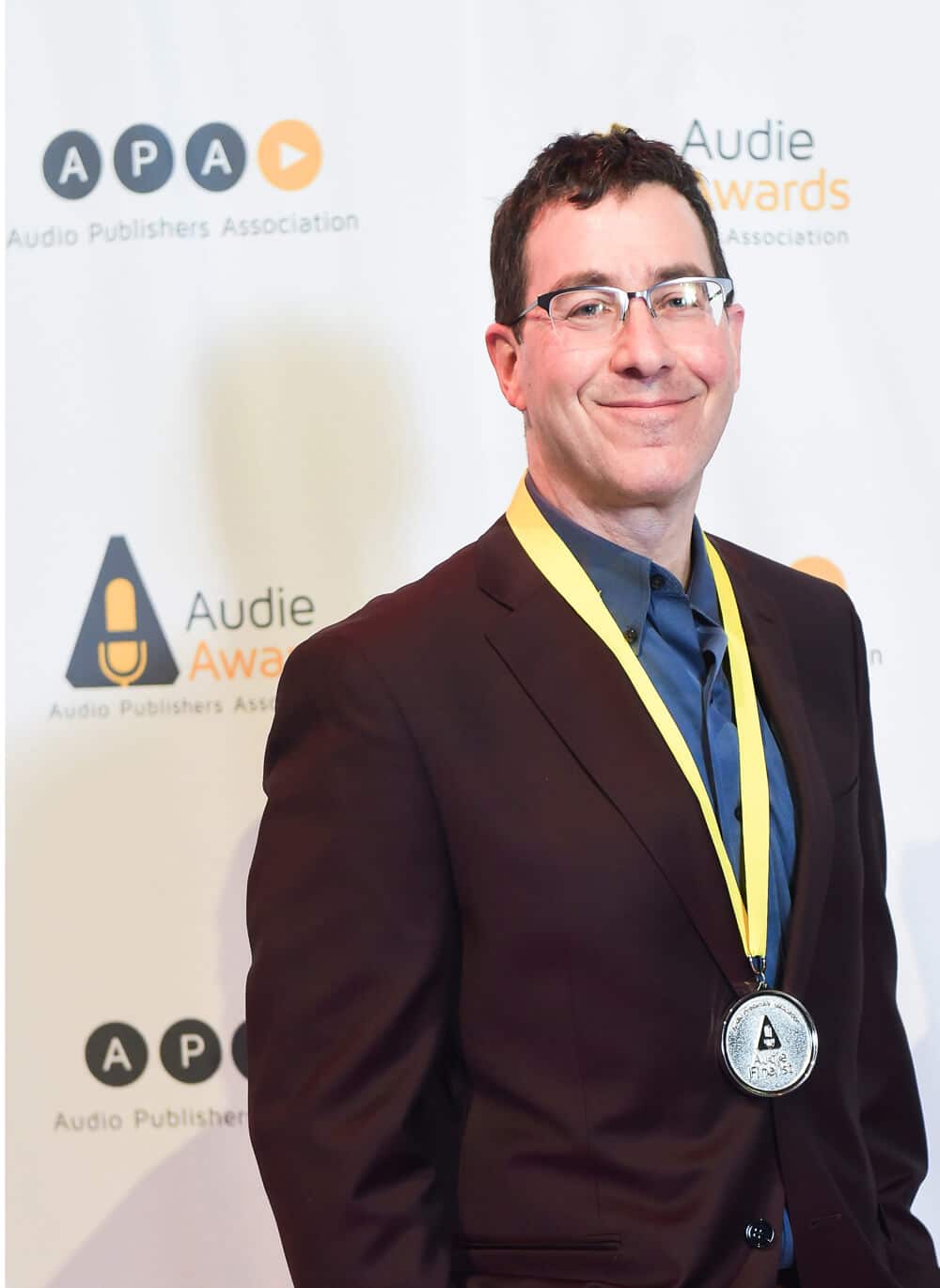
“I free write first before I start writing formally. I literally write or type anywhere, while commuting, in the bathroom, whenever I have a thought, I write.” – Dr. Marcia Morgan
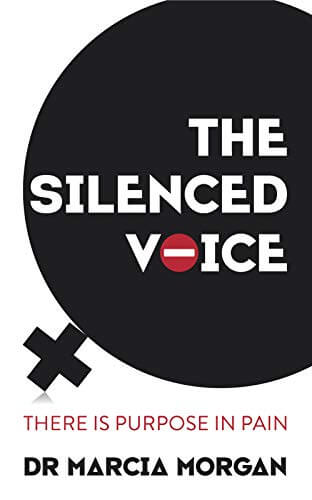
“Unlike most people who write early in the morning or late in the evening, writing for an hour or two after lunch and coffee works best for me. It is the time when I have already finished half of my day’s work, eaten, washed the dishes… so I am relaxed and feeling good. I don’t like to write sitting at the desk. Instead, I curl on the sofa with one of my dogs. And I always listen to music, unless I’m working in the garden and listening to the birds.” – Eli Gilic
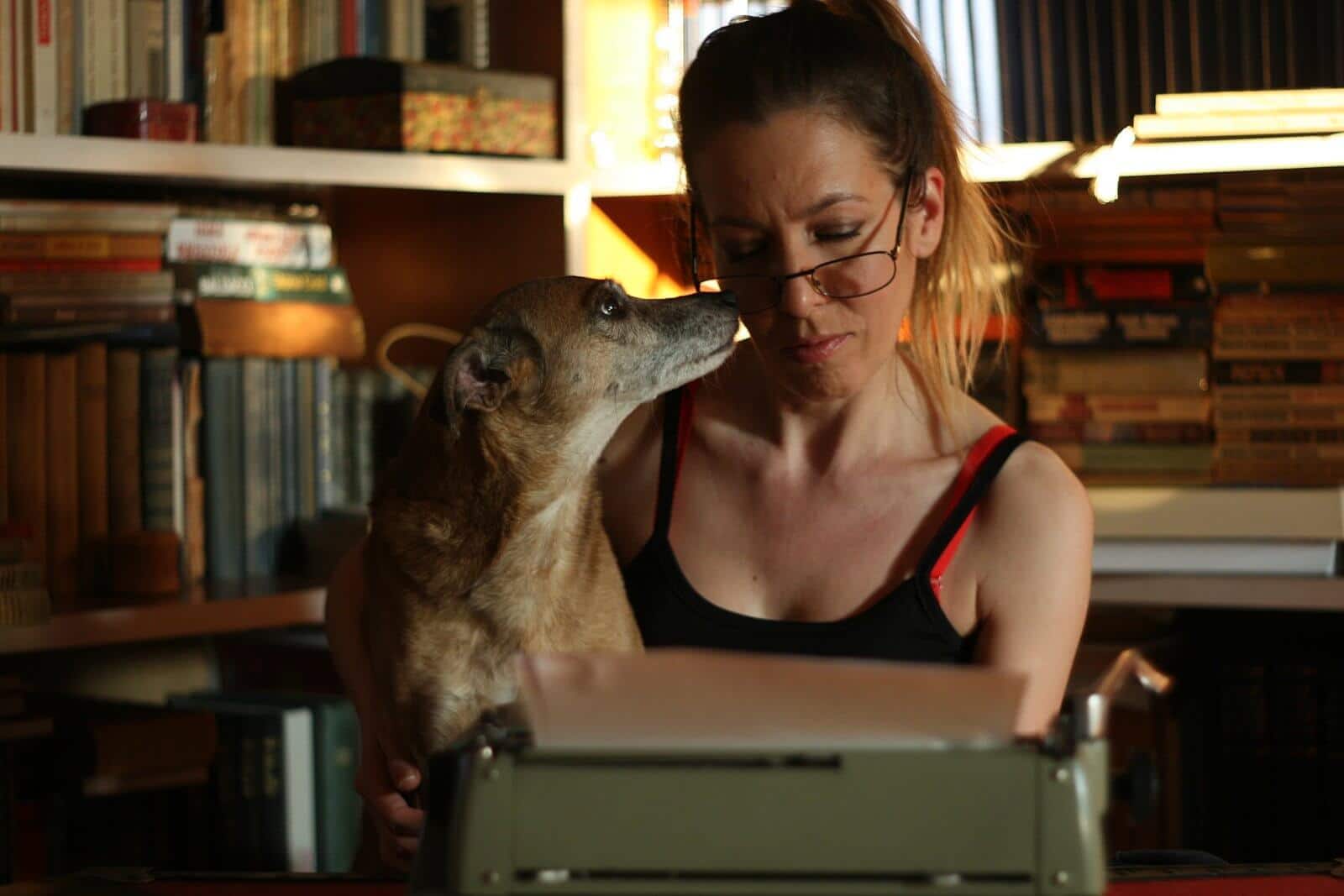
“There’s one ritual I stick to religiously, and that’s that I write every day. If I don’t have access to my laptop, I write notes in my journal, and if I don’t have my journal, then I’ll write notes on my phone. I believe that writing is just the flexing of a creative muscle; one that works the same way as any other muscle in the body: if you use it and train it, it will perform better. That’s why I write every day.” – Tom Kreffer
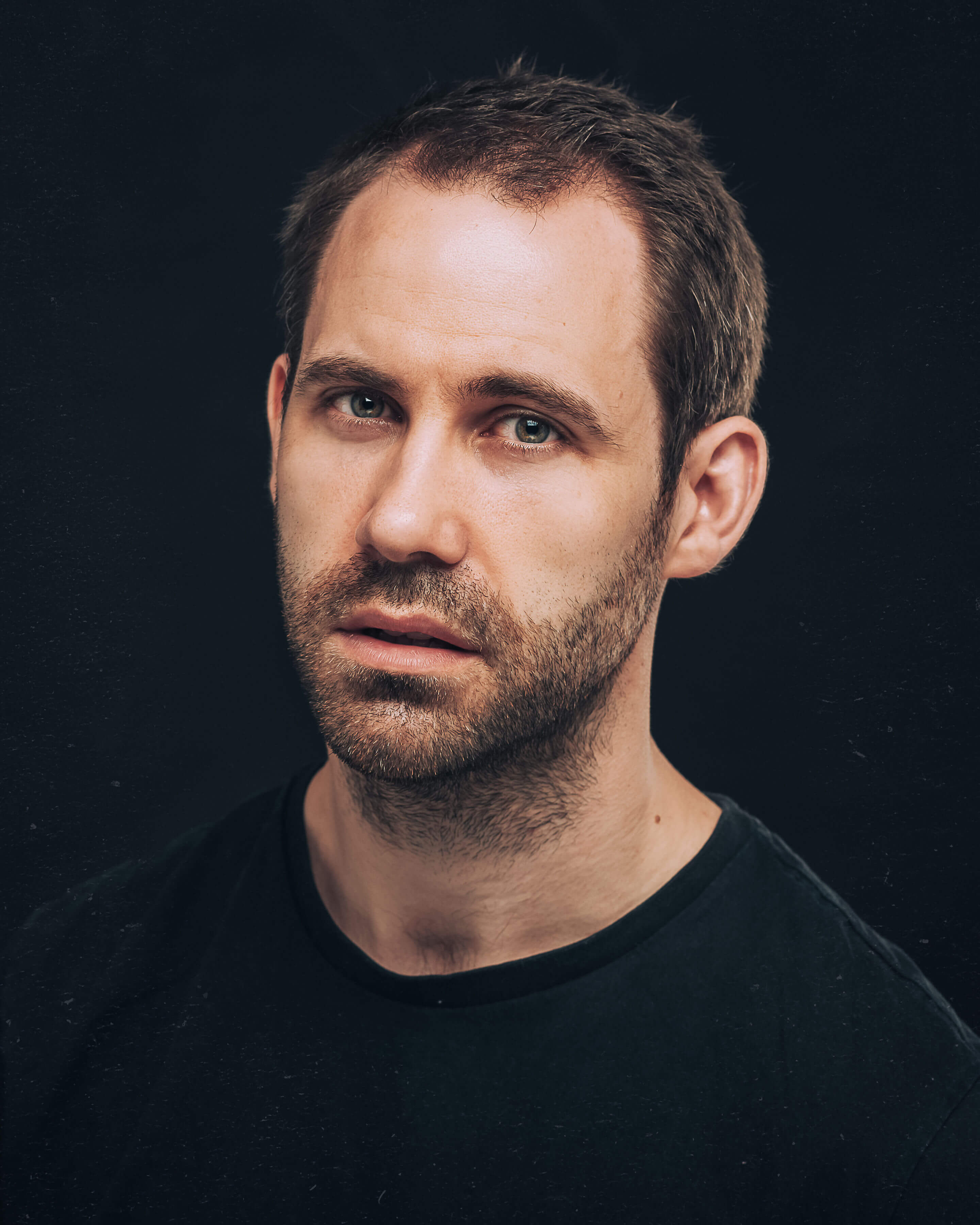
“My favourite time to write is at night when everything is quiet, and everyone is fast asleep. I’m both a morning person as well as a night person, but I’m most creative at night. For me, writing is similar to painting. It does not happen on command. Sometimes whole chapters flow in no time, and sometimes I get up after half a page and go to sleep.” – Marie Anders
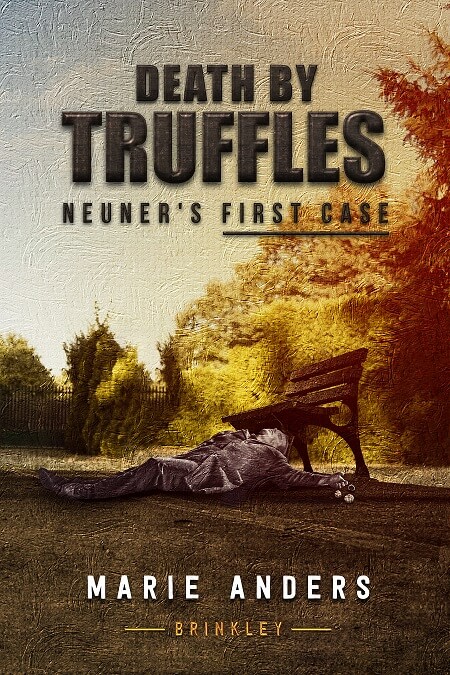
“I like to look at what I have written the day before in the morning while I am fresh. I make edits and updates, looking to see if I can write things in a better or stronger way. In my head, I am always trying to figure out how the story will progress, steering it towards some kind of outcome. I use the internet to research things.” – Francis Powell

“Sometimes I write when I am home alone, other times in the family room when my wife and I are just chilling out in the evening. Sometimes, I even write while watching basketball games, although if it’s a close game, it is hard to focus as you can imagine. Many of my thoughts and ideas are generated while commuting to and from work.” – Terry Evers
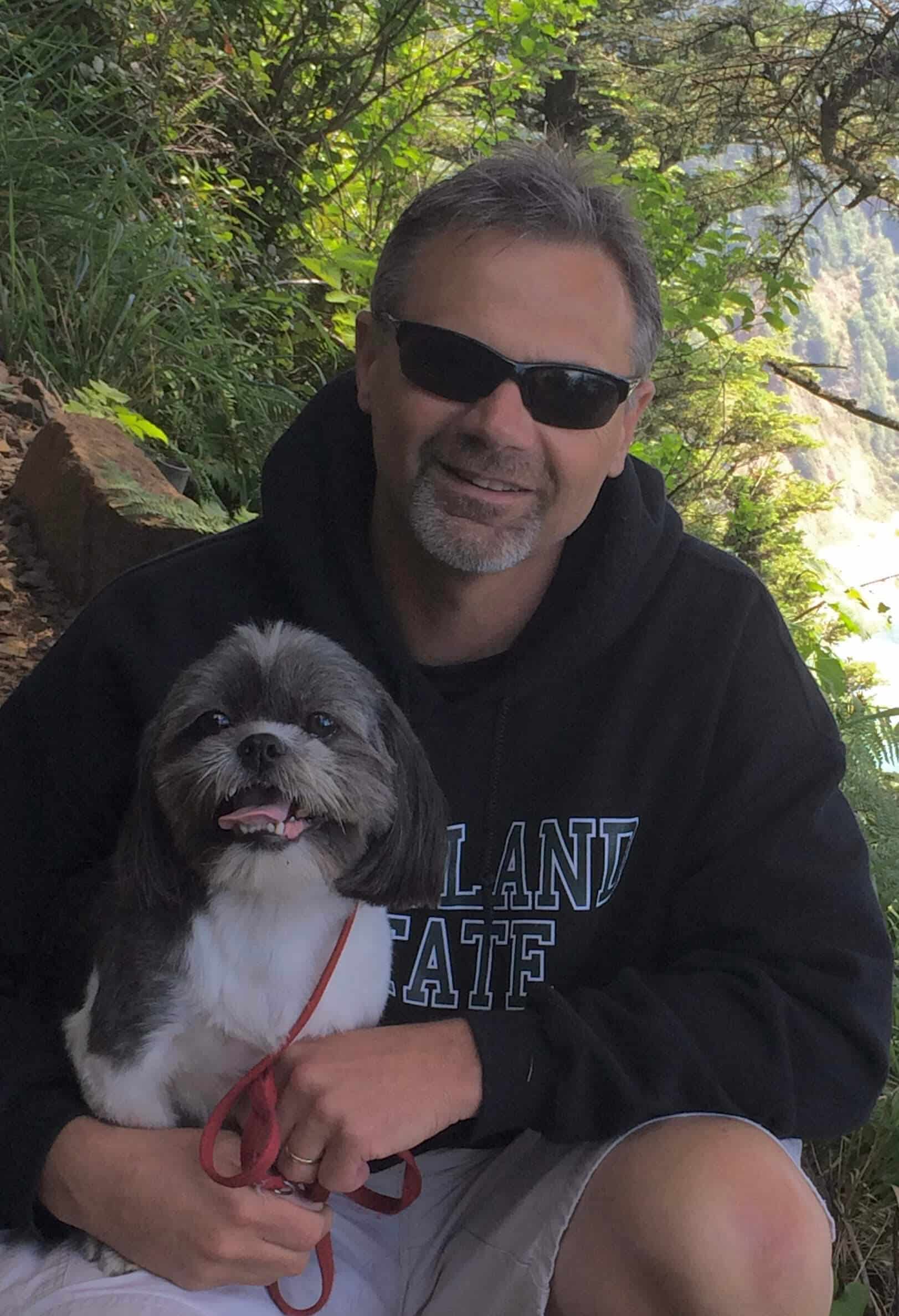
“My dog, Peppermint, always knows when it’s writing time. She knows because I’m carrying a cup of tea, maybe a bite of chocolate, and my laptop across the living room to my primary writing nook: a comfy chair right next to a nice window.
The house is quiet, the sunlight is warm, and Peppermint curls up next to my feet. I consider that my writing ritual!” – Stephanie Brick
“I can’t write without my fifteen-year-old dachshund napping at my feet. There’s something very reassuring about him being there.
Also, I must have a pot of tea or matcha on hand, and atmospheric, ambient music playing. I struggle to write fluid prose when I’m not at home, so I use time away to create outlines and jot down ideas instead.” – Lorna Selley
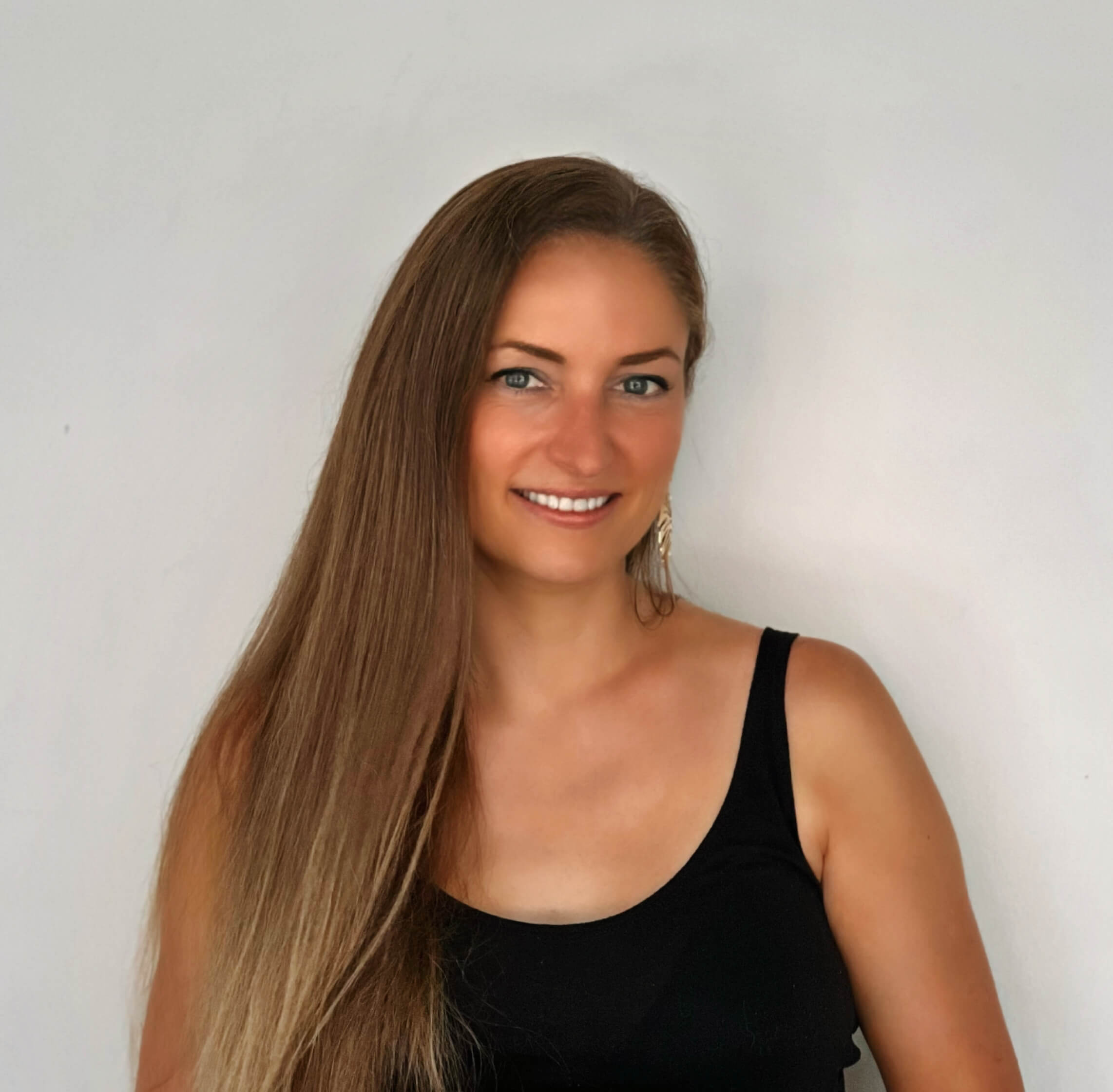
Battling writer’s block
Whether you believe in it or not, sometimes the writing just doesn’t come. These writers reflect on how to pull themselves out of a writing rut.
“The most fun part is telling myself that I won’t write another word, but then after a 10-day hiatus, I am sitting there again in front of my laptop typing away. I quickly start missing the process and challenges of writing a new story. The most difficult part is definitely writer’s block, which sometimes really enters my mind heavily. However, a watched pot never boils, and a novel won’t write itself. So, I walk away for a little bit and focus on something else, but always come back to write again.” – Mojgan Azar

“Once I decided to write my little book, it happened FAST! I would write it bursts of insight that would emerge like a wave out of the ocean, I would ride the wave of energy, and then it would disappear back into the vastness. I suggest readers enjoy the book in the same fashion. Read a short burst, set the book aside, and come back to it so you can digest each idea.” – Michele Sammons

Typing vs. longhand
I started out writing in notebooks, and while typing feels faster and takes fewer steps, I sometimes have to go back to longhand in order to get any kind of writing done. I’m curious as to how other writers operate. So, I always like to ask how they get their thoughts down. Below are a few answers.
“I don’t keep a notebook, but I do write in a journal every day and if inspiration strikes, I will definitely jot down some ideas there, or in my daily agenda. Scenes, dialogue, and ideas for character development can pop into my head while I’m sleeping, on the treadmill, or preparing dinner. I jot these down on random scraps of whatever is available as soon as possible.” – Lynda Faye Schmidt
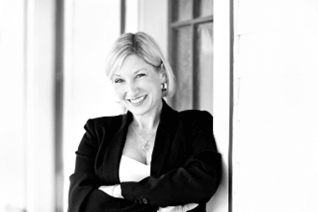
“I prefer to be outside in the sunshine. So, I am often found working away on projects, both writing and illustrations, out on our patio. The joys of using a laptop means I can do most of my email and editing from outside as well.
I find that the sunshine, flowers and fresh air just really help things flow for me. On the slightly rainy, misty days, I find the writing flows just as well but the stories tend to be quieter and more introspective than adventurous.” – Ruth Amanda
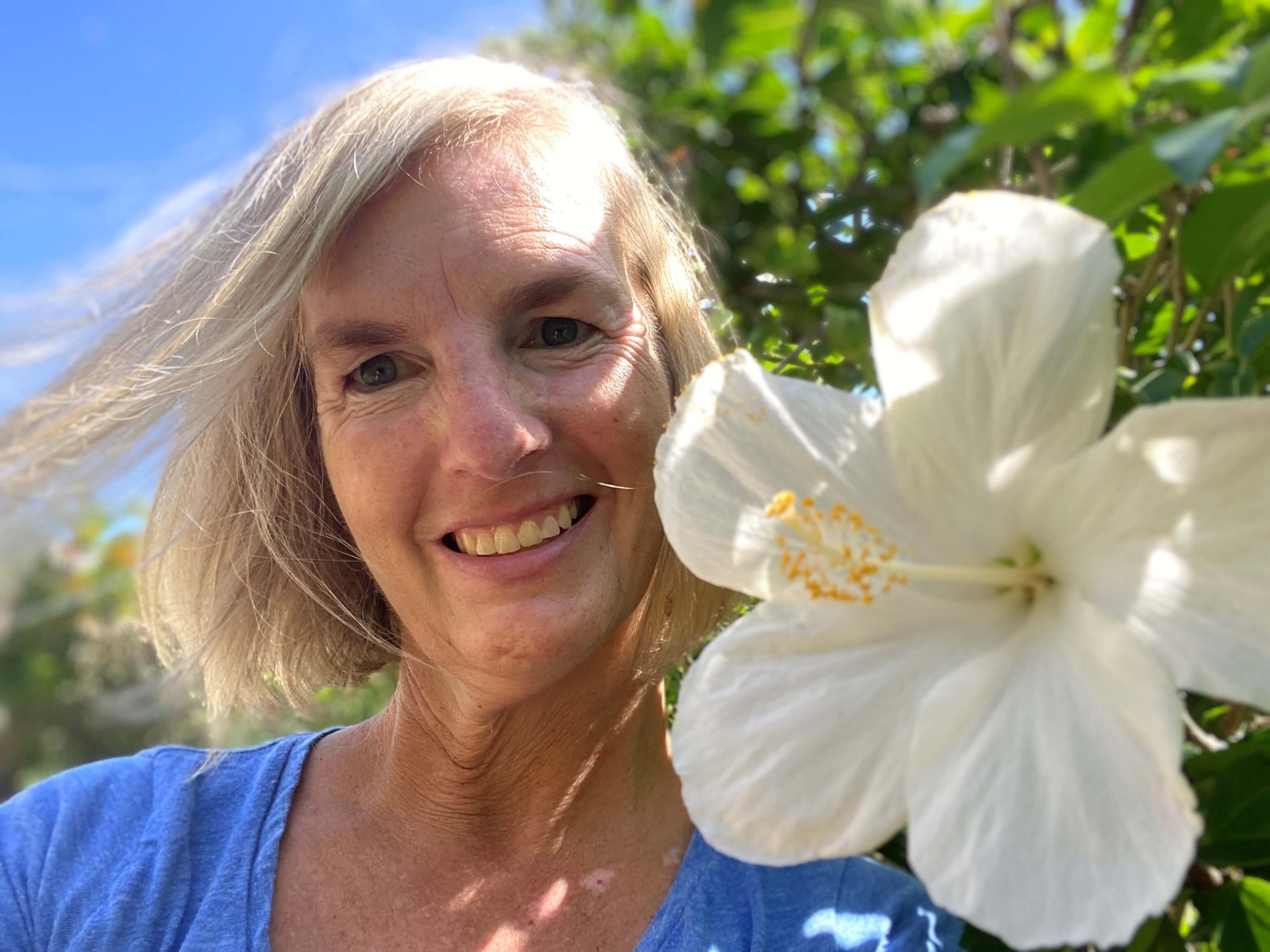
Buy it!
Buy a copy of 15 Writing Rituals of Productive Writers here, and help support local bookstores! This is an affiliate link, and I will earn a commission on any sales.
Pin it!
